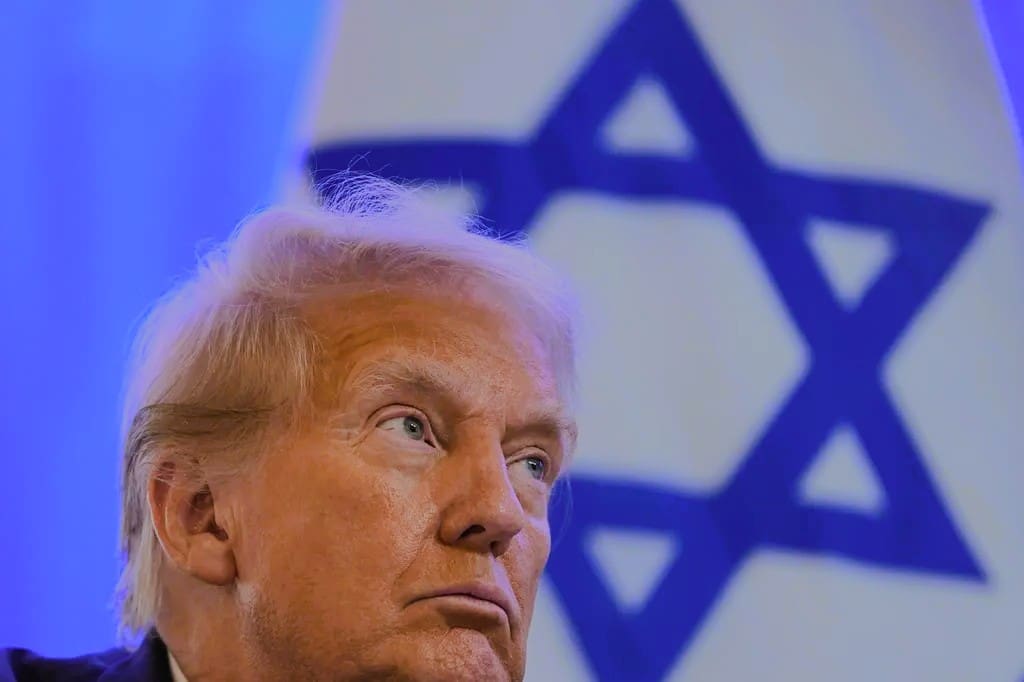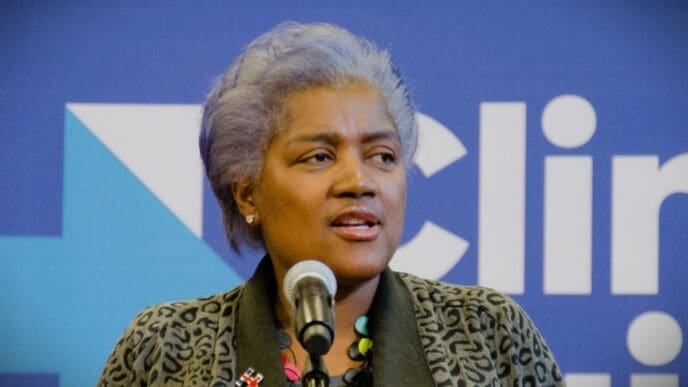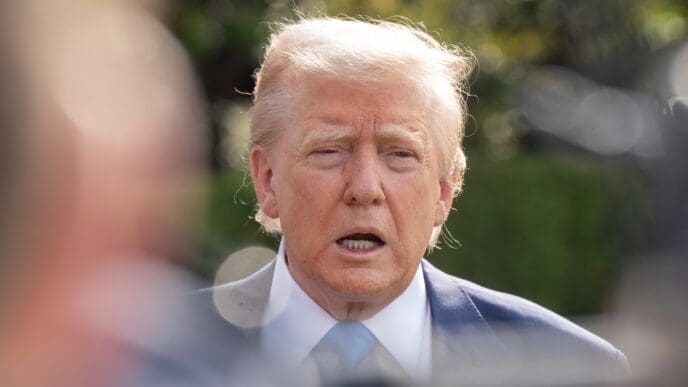Executive Summary
The Story So Far
Why This Matters
Who Thinks What?
Prime Minister Benjamin Netanyahu has reportedly shifted Israel’s approach to Gaza ceasefire negotiations, now demanding a comprehensive agreement that would secure the release of all hostages and end the conflict entirely on Israel’s terms. This strategic pivot comes nearly a week after Hamas accepted a prior proposal from Qatari and Egyptian mediators for a temporary ceasefire, a move that has left mediators and the families of remaining hostages expressing confusion and concern. The shift in strategy appears to align with recent public statements from Donald Trump, who has voiced explicit support for intensified Israeli military operations in Gaza.
Netanyahu’s Dual Strategy and Policy Reversal
For 18 months, Israel had primarily engaged in negotiations for partial, phased ceasefire deals. However, Netanyahu is now pursuing a dual strategy of negotiating while simultaneously accelerating plans for a significant military assault on Gaza City.
On Thursday, Netanyahu announced he had instructed his team to initiate negotiations for the return of all hostages and to end the war, without directly referencing the mediators’ latest proposal. That proposal, which Hamas accepted, called for a temporary ceasefire in exchange for the release of half the hostages and offered terms more favorable to Israel than previous iterations.
This policy reversal has puzzled observers, as the Israeli government previously refused to discuss ending the war, opting only for phased agreements. Israeli officials believe the renewed threat of heavy military pressure from the imminent Gaza City offensive will compel Hamas to be more flexible in accepting Israel’s conditions.
Influence from Washington
According to senior Israeli sources, the impetus for Netanyahu’s new negotiation strategy originates not in Jerusalem but in Washington. In recent weeks, President Trump has publicly supported Israel’s intensified assault in Gaza, advocating for the destruction of Hamas rather than a temporary ceasefire.
President Trump stated on Truth Social, “We will only see the return of the remaining hostages when Hamas is confronted and destroyed!!! The sooner this takes place, the better the chances of success will be.” A senior Israeli source indicated that Trump “lost patience and trust with the partial process” after Hamas raised obstacles in previous negotiation rounds.
Trump also reportedly remarked, “Hamas didn’t really want to make a deal. I think they want to die,” following the collapse of an earlier round of talks. Shortly after these comments, Netanyahu’s office adopted an “all or nothing” approach, insisting on a comprehensive deal.
Israeli Conditions and Hamas’s Stance
During a recent security cabinet meeting, Netanyahu’s government approved expanding operations in Gaza City and established five conditions to end the war. These include the disarmament of Hamas, the release of all hostages, the demilitarization of Gaza with Israeli security control, and the establishment of an alternative civil administration.
However, Hamas has drawn a firm red line against any notion of disarming. Basem Naim, a senior member of Hamas’ political bureau, stated that the movement has presented everything necessary for a ceasefire and remains ready to negotiate, accusing Netanyahu of playing a “dirty game” with a “green light” from the Trump administration.
Israeli analysts, such as Chaim Levinson of Haaretz, suggest that Netanyahu’s dual messaging—pursuing war and peace simultaneously—is a political tactic designed to prolong the conflict and his time in office. Levinson argued that Netanyahu is aware Hamas will not accept his conditions, particularly regarding Israeli security control over Gaza, which he believes is intended to derail any potential agreement.
Domestic and International Pressures
While Israeli public polling indicates strong support for any deal that would bring back the hostages, Netanyahu’s far-right coalition partners, Itamar Ben Gvir and Bezalel Smotrich, adamantly oppose a ceasefire. They have warned that such an agreement could lead to the collapse of the government.
Previous phased hostage deals were structured to allow Netanyahu to assure his coalition partners that military operations would eventually resume. These allies have consistently pressed for an expansion of the war and increased bombardment of Gaza until Hamas surrenders.
Internationally, former State Department spokesman Matthew Miller indicated that the Biden administration privately believed Netanyahu was creating obstacles to a ceasefire deal. Miller noted that while the U.S. wanted to publicly criticize Netanyahu’s intransigence, they refrained to avoid signaling a split that might disincentivize Hamas from negotiating.
Hostage Families’ Escalating Protests
Netanyahu’s strategic maneuvering and perceived mixed messages have intensified tensions with the families of the remaining hostages in Gaza. These families have escalated public pressure, accusing the government of sacrificing their loved ones by delaying or dismissing the partial agreement on the table.
Einav Zangauker, mother of hostage Matan, publicly blamed Netanyahu for sabotaging negotiations, stating he was “setting unattainable conditions to end the war” and would lead soldiers “into death traps.” The families are planning further protests to maintain pressure on the government.
Despite public criticism, Netanyahu’s office has briefed Israeli reporters that a negotiation team will be sent once a location for talks is established. However, without a designated site for negotiations and with the U.S. team reportedly preoccupied with other international matters, Netanyahu can continue to pursue his dual strategy of issuing statements about peace while taking military actions that escalate the conflict.














